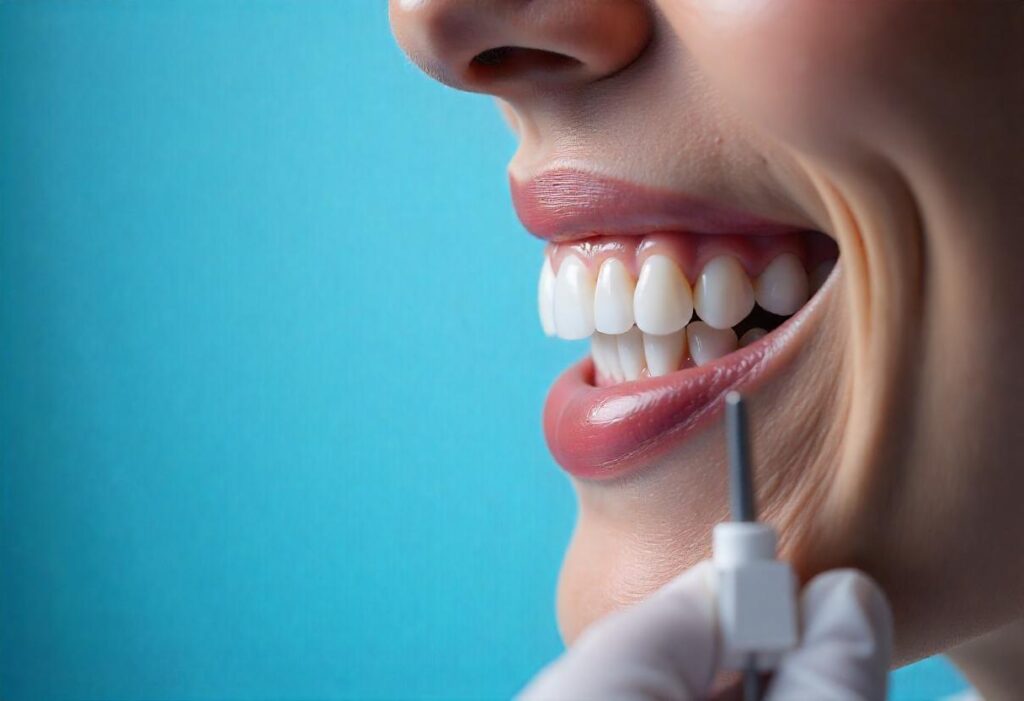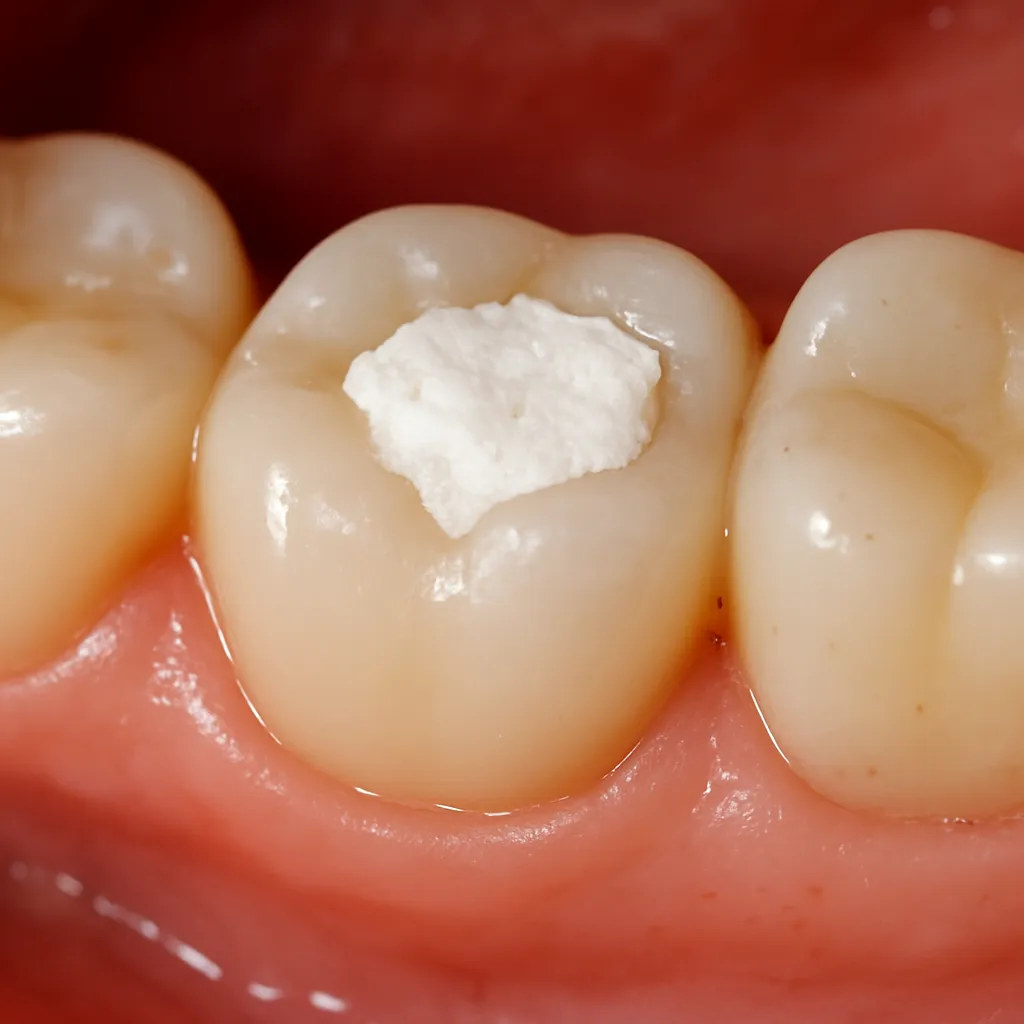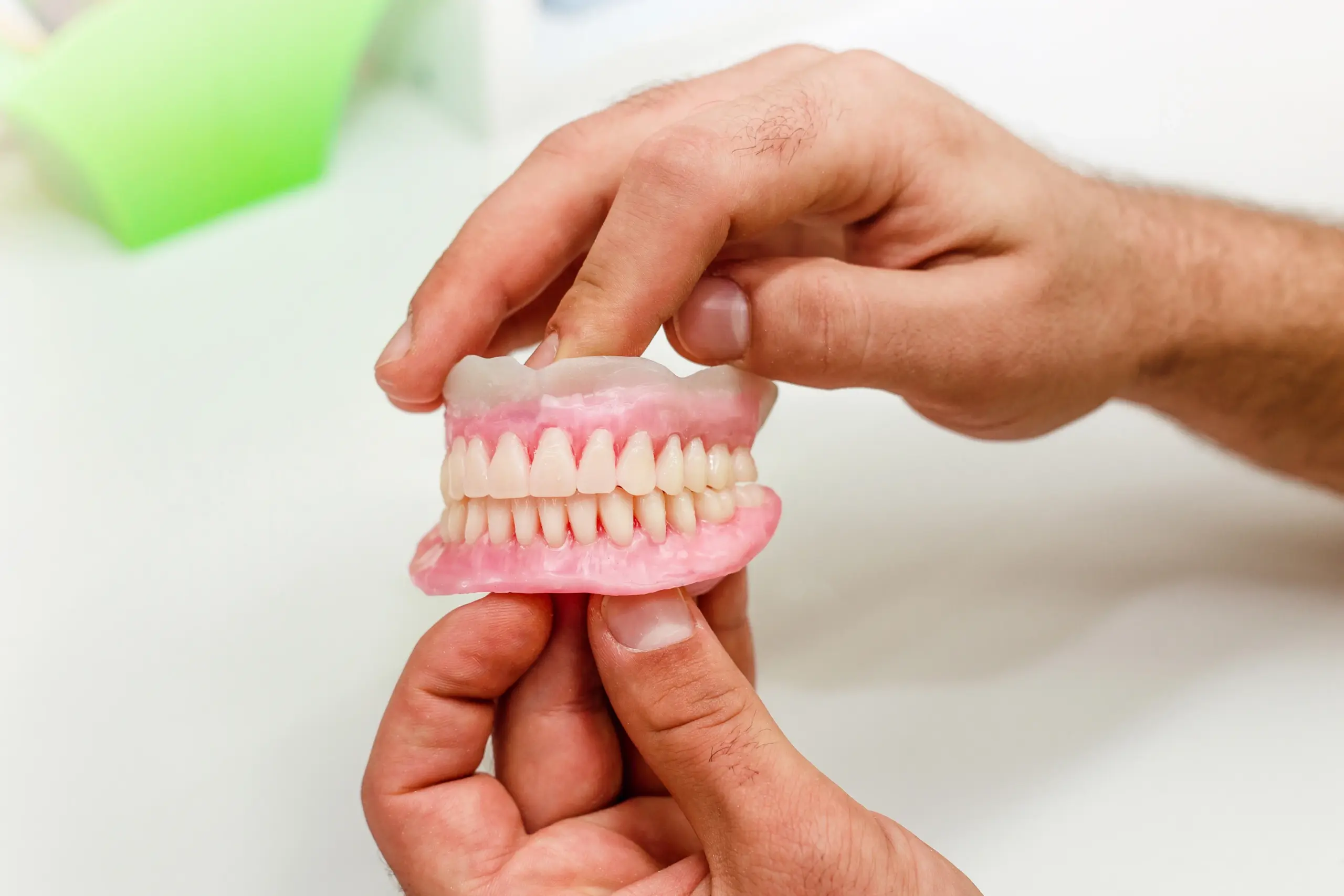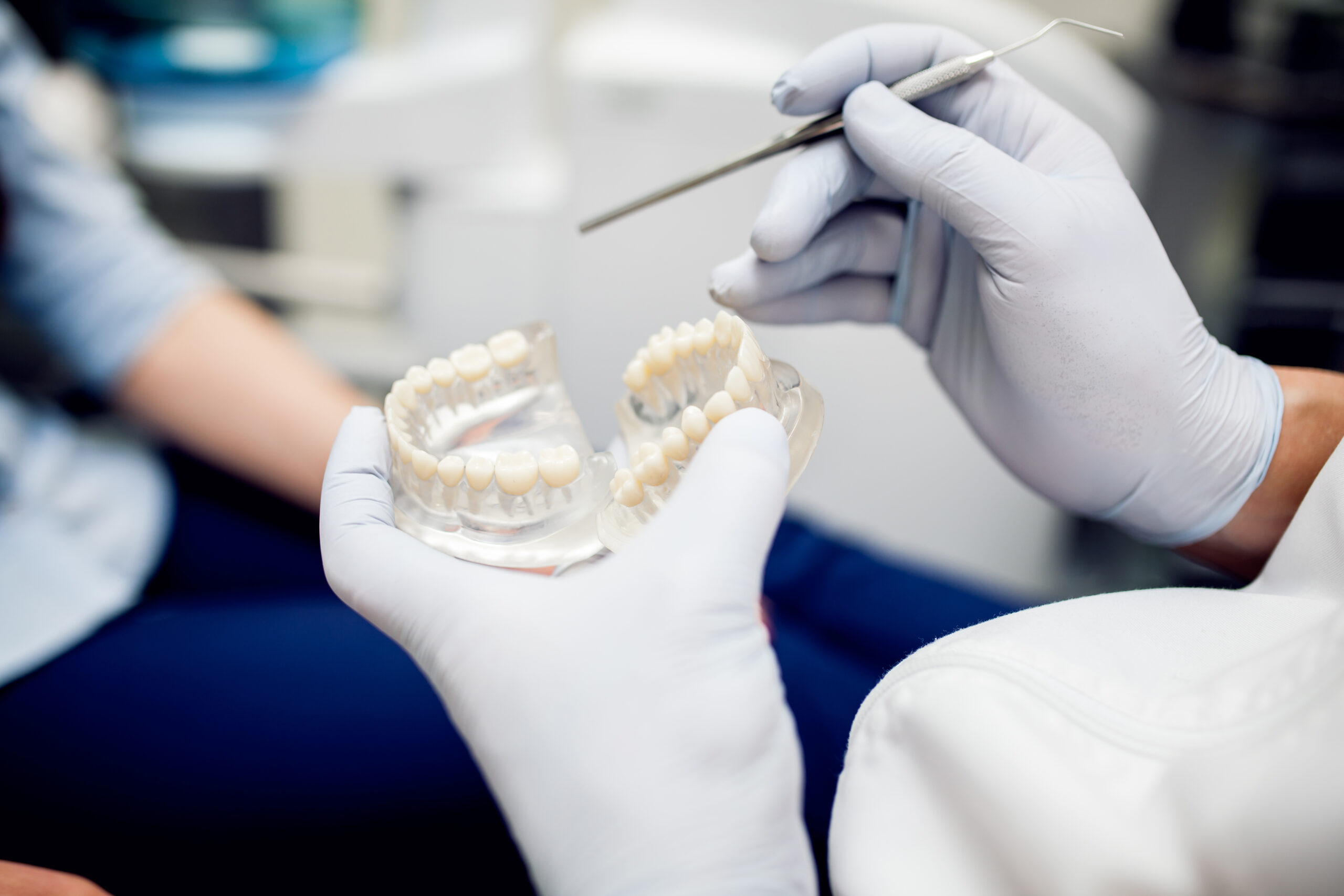White spots on your teeth can be a source of self-consciousness, but the good news is that they’re often treatable and even preventable. This comprehensive guide will delve into the causes of white spots, explore various treatment options, and empower you to take control of your oral health.
Understanding White Spots: Causes and Types
Those pesky white marks that mar the surface of your teeth are caused by a variety of factors, and understanding the underlying cause is crucial for effective treatment. Here’s a breakdown of the most common culprits:
- Decalcification: This occurs when the enamel, the hard outer layer of your teeth, loses minerals like calcium. It’s often caused by poor oral hygiene, acidic foods and drinks, and certain medical conditions.
- Fluorosis: Excessive fluoride intake during childhood, when teeth are developing, can lead to white spots or streaks. This is more common in areas with high fluoride levels in the water supply.
- Enamel Hypoplasia: This condition involves a defect in the development of tooth enamel, resulting in thin or pitted areas that may appear as white spots.
- White Spots from Braces: Poor oral hygiene while wearing braces can lead to plaque buildup and decalcification around the brackets, leaving white marks after the braces are removed.
- Diet-Related White Spots: Frequent consumption of sugary and acidic foods can erode enamel and contribute to white spot formation.

Professional Treatment Options: Saying Goodbye to White Spots
If you’re looking for a quick and effective solution to banish white spots, professional dental treatments offer excellent results. Here are some popular options:
- Microabrasion: This minimally invasive procedure involves gently removing a thin layer of enamel to eliminate surface stains and white spots. It’s often combined with teeth whitening for optimal results.
- Resin Infiltration (Icon Treatment): This innovative technique involves applying a special resin that penetrates the porous white spots, filling them in and making them less noticeable. It’s a painless and conservative option for treating mild to moderate white spots.
- Dental Veneers: For more severe cases or when white spots are accompanied by other cosmetic concerns, veneers can be a great solution. These thin shells of porcelain or composite resin are bonded to the front surface of your teeth, masking imperfections and creating a flawless smile.
- Teeth Whitening: While whitening won’t directly remove white spots, it can help blend them in by lightening the overall shade of your teeth. This can be particularly effective for white spots caused by decalcification.
- Enamel Remineralisation: This process aims to restore minerals to the weakened enamel, strengthening it and potentially reducing the appearance of white spots. Your dentist may recommend professional fluoride treatments or prescription-strength remineralising products.
Home Remedies and Prevention: Taking Charge of Your Oral Health
While professional treatments offer the most dramatic results, there are also steps you can take at home to manage and prevent white spots:
- Remineralising Toothpaste: Look for toothpaste containing calcium phosphate or fluoride, which can help remineralise weakened enamel.
- Fluoride Mouthwash: Rinsing with fluoride mouthwash daily can strengthen enamel and make it more resistant to decalcification.
- Oil Pulling: This ancient practice involves swishing oil (like coconut oil) in your mouth to remove bacteria and promote oral health. While more research is needed, some proponents believe it can help with white spots.
- Dietary Modifications: Limit sugary and acidic foods and drinks, and focus on a balanced diet rich in calcium and vitamin D for strong teeth.
- Improved Oral Hygiene: Brush your teeth twice a day with fluoride toothpaste, floss daily, and visit your dentist for regular checkups and cleanings.
White Spots and Braces: Maintaining a Healthy Smile During Orthodontic Treatment
If you’re wearing braces or considering getting them, here’s how to prevent those dreaded white spots:
- Meticulous Braces Care: Brush thoroughly after every meal, paying close attention to the areas around your brackets and wires. Use interdental brushes and floss threaders to clean hard-to-reach areas.
- Fluoride Treatments: Your orthodontist may recommend regular fluoride treatments during your braces journey to strengthen enamel and prevent decalcification.
- Remineralisation after Braces: Once your braces are removed, focus on remineralising your enamel with fluoride toothpaste, mouthwash, and professional treatments if needed.
White Spots in Children: Protecting Young Smiles
White spots are common in children, but with proper care and attention, they can often be prevented or reversed. Here’s what parents can do:
- Early Childhood Caries Prevention: Avoid putting babies to bed with bottles containing sugary drinks, and start brushing their teeth as soon as they erupt.
- Fluoride: Ensure your child receives the appropriate amount of fluoride through toothpaste, water, and professional treatments.
- Healthy Diet: Encourage a balanced diet with limited sugary snacks and drinks.
- Regular Dental Visits: Start taking your child to the dentist for checkups by their first birthday.

Living with White Spots: Embracing Your Unique Smile
While white spots can be aesthetically concerning, it’s important to remember that they don’t define you. Focus on maintaining good oral health and embrace your unique smile.
If you’re feeling self-conscious, talk to your dentist about treatment options or seek support from friends, family, or a therapist. Remember, a healthy smile is a beautiful smile, regardless of minor imperfections.
References:
https://www.colgate.com/en-in/oral-health/fluoride/who-should-use-a-fluoride-mouth-rinse-and-why
https://www.nhs.uk/live-well/eat-well/how-to-eat-a-balanced-diet/eating-a-balanced-diet
https://www.nhs.uk/live-well/eat-well/food-types/how-does-sugar-in-our-diet-affect-our-health
https://www.webmd.com/oral-health/what-are-hypoplastic-teeth




